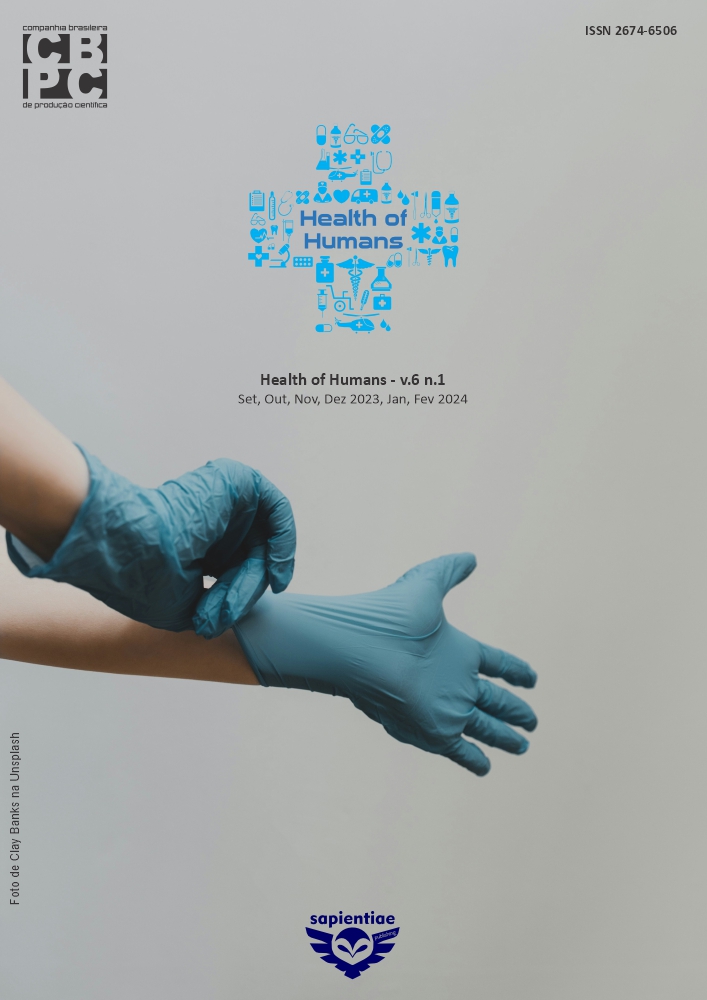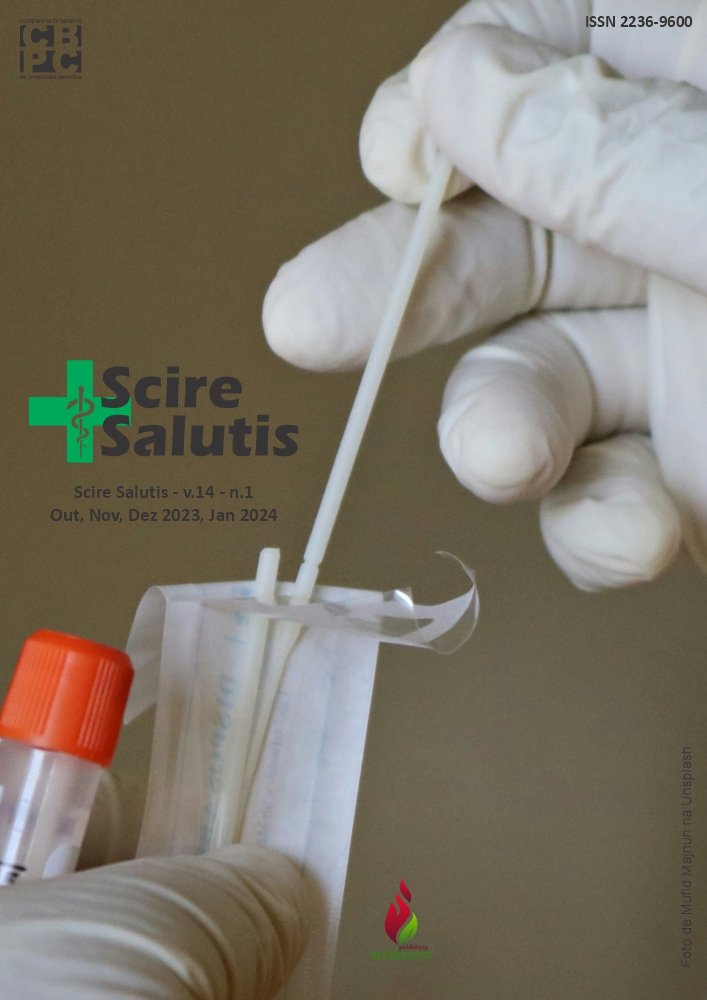Family refusal in the organ donation process: family interview and nurses' performance
DOI:
https://doi.org/10.6008/CBPC2674-6484.2022.002.0005Keywords:
Tissue donors, Organ transplantation, Decisions, Family, NursingAbstract
The organ donation process in Brazil involves multiple actions. The donation is dependent on the authorization of family members, who occasionally have difficulties in understanding the diagnosis of brain death. This fact can lead family members to a possible refusal to donate. This research aims to identify the role of nursing in the face of family refusal in the organ donation process in Brazil. This is a scope review where articles were selected from Latin American and Caribbean Health Sciences (LILACS), Nursing Database (BDENF) and Medical Literature Analysis and Retrieval System Online (MEDLINE) databases. It was detected that the main reasons for family refusal were: family members' lack of knowledge on the subject, lack of knowledge of the potential donors will and declaration of non-organ donors in life. It was also identified that the role of nursing is essential for making the donation effective, involving care directed to family members and maintaining the potential donor. It is concluded that educational campaigns aimed at raising awareness among the population about the organ donation process can encourage debate within the family about the fact that donation is a humanitarian act, thus contributing to a possible reduction in the number of family refusals in Brazil.
Downloads
Published
Issue
Section
License
Copyright (c) 2022 Medicus

This work is licensed under a Creative Commons Attribution-NonCommercial-NoDerivatives 4.0 International License.
The CBPC - Companhia Brasileira de Produção Científica (Brazil CNPJ: 11.221.422/0001-03) the material rights of the published works. The rights relate to the publication of the work anywhere in the world, including rights to renewals, expansions and dissemination of the contribution, as well as other subsidiary rights. All electronically published works may subsequently be published in printed collections under the coordination of this company and / or its partners. The authors preserve the copyright, but are not allowed to publish the contribution in another medium, printed or digital, in Portuguese or in translation.








